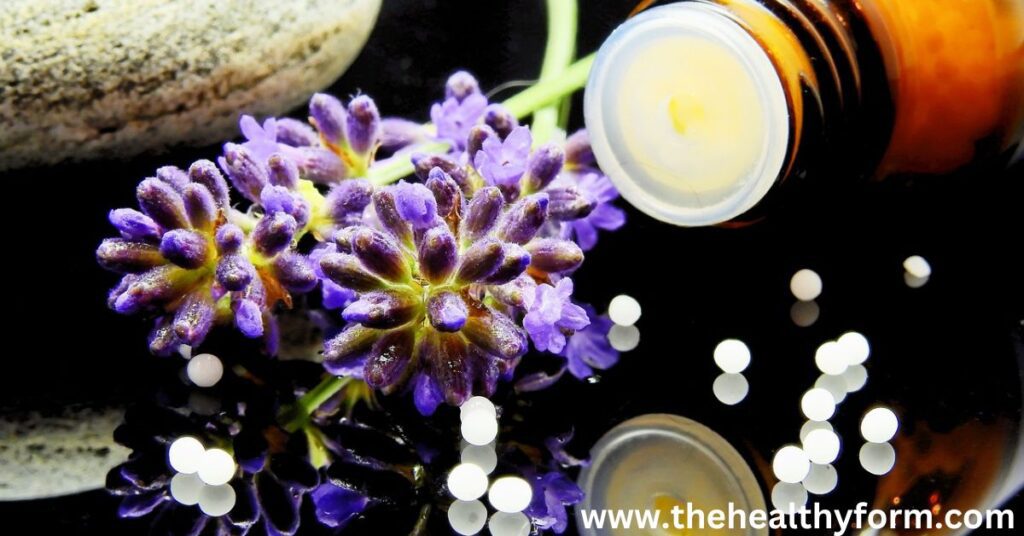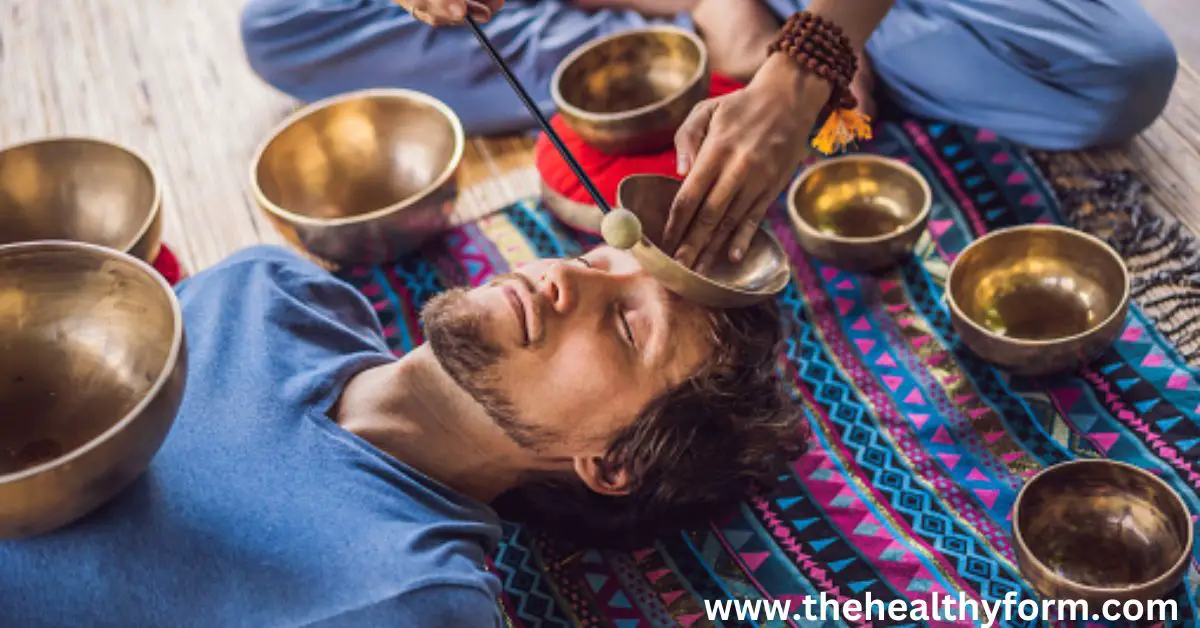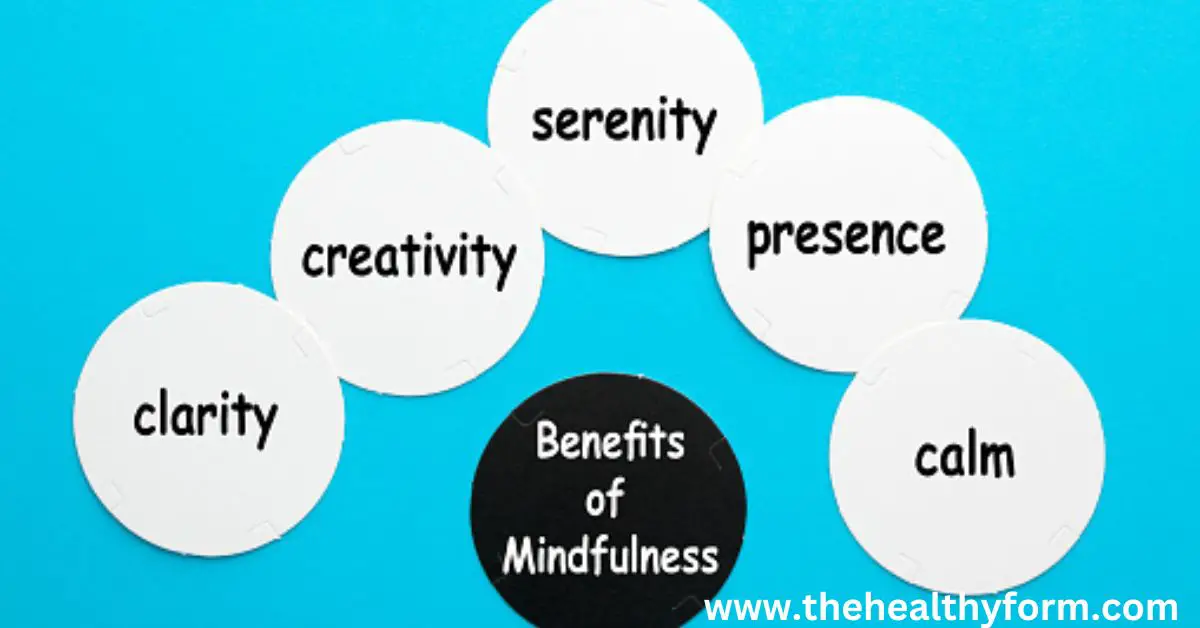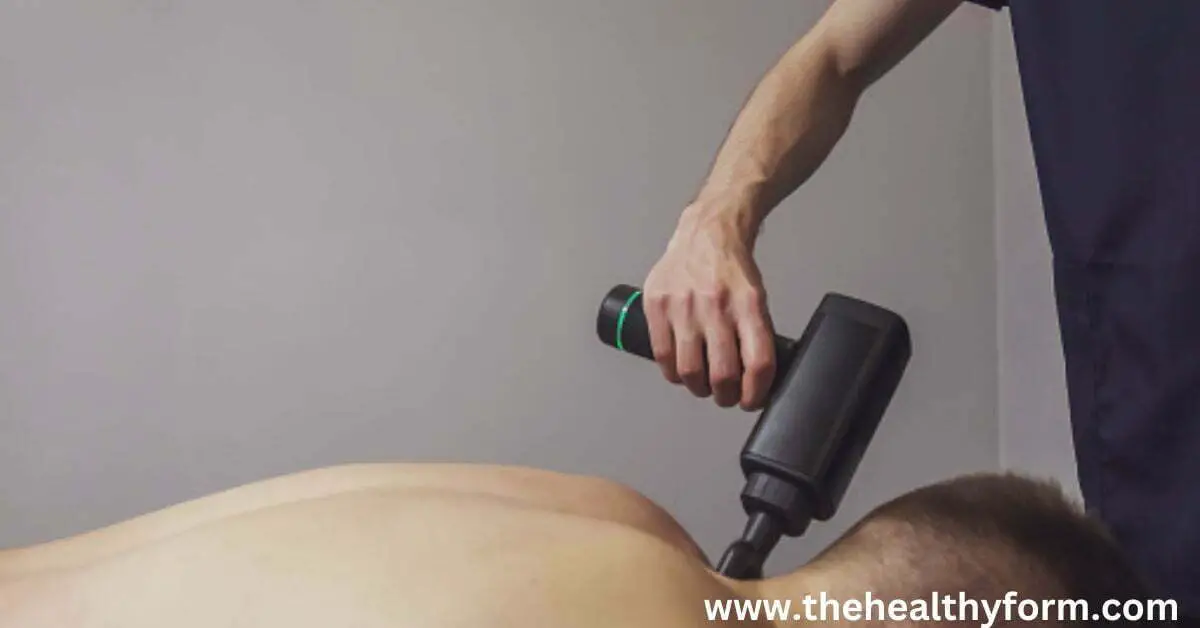The Types of Alternative Medicines For Health and Well-being
Discover the types of alternative medicines for health and well-being. Alternative medicine has gained popularity in recent years as more people seek alternative approaches to health and well-being. This article delves into the various types of alternative medicines available, their benefits, and considerations for their use. Individuals can explore various alternative treatments, from ancient practices to modern therapies. Whether used as complementary therapies or standalone treatments, alternative medicines offer diverse approaches to holistic health.

Understanding Types of Alternative Medicines
Alternative medicine encompasses a broad spectrum of medical practices that are outside the realm of conventional medicine. These therapies are often used alongside or instead of traditional medical treatments. “Alternative medicine” is sometimes used interchangeably with “complementary medicine,” but they have slight distinctions. Complementary medicine refers to therapies used alongside conventional treatments, while alternative medicine refers to treatments used instead of traditional approaches.
Alternative therapies are categorized into different types based on their practices and methodologies. These categories include whole medical systems, mind-body techniques, biologically based therapies, manipulative and body-based therapies, and energy therapies. Let’s explore each type in detail.
Whole Medical Systems
Whole medical systems are complete systems of medicine with philosophies, disease theories, diagnosis, and treatment methods. These systems include:
Traditional Chinese Medicine (TCM)
Traditional Chinese Medicine (TCM) is an ancient practice that originated in China thousands of years ago. It is based on balancing yin and yang opposing forces to achieve optimal health. TCM incorporates a combination of herbal medicine, acupuncture, tai chi, and other physical and mind-body techniques.
Ayurveda
Ayurveda is a holistic health system that originated in India over 5,000 years ago. It balances the mind, body, and spirit to promote well-being. Ayurvedic treatments often involve herbal remedies, dietary changes, meditation, and yoga.
Homeopathy
Homeopathy is a medicine system developed in the late 18th century. It is based on the principle of “like cures,” where a substance that causes symptoms in a healthy person is highly diluted to treat similar symptoms in an ill person. Homeopathic remedies are derived from plant, animal, and mineral sources.
Naturopathy
Naturopathy is a system of medicine that emphasizes the body’s ability to heal itself. It encompasses a range of natural therapies, including herbal medicine, nutrition, hydrotherapy, and lifestyle counseling. Naturopathic doctors aim to identify and treat the underlying causes of illness rather than just addressing the symptoms.
Mind-Body Techniques
Mind-body techniques recognize the connection between the mind and body and focus on utilizing this connection to promote health and well-being. These techniques include:
Meditation
Meditation is a practice that involves training the mind to achieve a state of calm and focus. It can be done in various forms, such as mindfulness meditation, transcendental meditation, and loving-kindness meditation. Meditation has been shown to reduce stress, improve mental clarity, and promote overall well-being.
Yoga
Yoga is an ancient practice that combines physical postures, breathing exercises, and meditation. It promotes flexibility, strength, and relaxation. Yoga has been found to have numerous health benefits, including reducing stress, improving cardiovascular health, and enhancing mental well-being.
Tai Chi
Tai Chi is a Chinese martial art incorporating slow, flowing movements and deep breathing. It is often practiced for its health benefits, including improved balance, flexibility, and relaxation. Tai Chi is beneficial for chronic pain, arthritis, and stress reduction.
Hypnotherapy
Hypnotherapy involves guiding individuals into a state of deep relaxation and heightened focus. In this state, a trained hypnotherapist can suggest positive changes in thoughts, feelings, and behaviors. Hypnotherapy has addressed various issues, including smoking cessation, weight loss, and anxiety management.
Biologically Based Therapies
Biologically based therapies utilize natural substances, such as herbs, vitamins, and dietary supplements, to promote health and well-being. Some examples include:
Herbal Medicine
Herbal medicine, also known as herbalism, involves using plants and plant extracts for medicinal purposes. Different herbs are used to address specific health conditions. Common herbs include ginger for digestive issues, chamomile for relaxation, and St. John’s Wort for mood disorders.
Dietary Supplements
Dietary supplements contain vitamins, minerals, herbs, or other beneficial compounds. They are often used to supplement the diet and support overall health. Common dietary supplements include multivitamins, fish oil, probiotics, and herbal extracts.
Manipulative and Body-Based Therapies
Manipulative and body-based therapies involve physical manipulation of the body to promote healing and relieve pain. Some examples include:
Chiropractic Therapy
Chiropractic therapy focuses on diagnosing and treating musculoskeletal disorders, particularly those affecting the spine. Chiropractors use manual adjustment techniques to restore proper alignment and function of the spine, promoting overall health and well-being.
Massage Therapy
Massage therapy involves the manipulation of soft tissues in the body, such as muscles and connective tissues. It can help relieve muscle tension, reduce stress, and promote relaxation. Different massage techniques, such as Swedish, deep tissue, and aromatherapy, offer varying benefits.
Acupuncture
Acupuncture is a traditional Chinese medicine technique that involves the insertion of thin needles into specific points of the body. It is believed to stimulate the flow of energy, or qi, along meridians in the body. Acupuncture has been used to treat various conditions, including pain, nausea, and infertility.
Energy Therapies
Energy therapies focus on the energy fields believed to exist in and around the body. These therapies aim to restore balance and promote healing. Some examples include:
Reiki
Reiki is a Japanese energy therapy that involves transferring healing energy through a trained practitioner’s hands. It promotes relaxation, reduces stress, and facilitates physical and emotional healing.
Biofield Therapies
Biofield therapies encompass various practices that work with the energy fields surrounding the body. These therapies include techniques such as therapeutic touch, where practitioners use their hands to assess and balance the energy fields, and qigong. This practice combines movement, meditation, and breath control to promote energy flow.
Exploring Alternative Therapies
Alternative therapies offer individuals diverse approaches to enhance their health and well-being. While many alternative therapies have been practiced for centuries and have anecdotal evidence of their benefits, scientific research on their effectiveness is still evolving. It is essential to approach alternative therapies with an open mind and consider the following:
Consultation with Healthcare Providers
Before starting any alternative therapy, it is crucial to consult with healthcare providers, including medical doctors and licensed practitioners of the specific therapies. They can provide valuable insights into the potential benefits, risks, and interactions with conventional treatments.
Quality and Safety Considerations
Ensuring the products’ and practitioners’ quality and safety is important when exploring alternative therapies. Look for reputable sources, licensed practitioners, and evidence of proper training and certifications. Additionally, inform healthcare providers about alternative therapies you are considering to ensure they align with your treatment plan.
Integration with Conventional Medicine
Alternative therapies can be used alongside conventional medicine as complementary approaches. Maintaining open communication with healthcare providers is crucial to ensure coordination and integration of treatments. They can guide how alternative therapies complement conventional treatments for optimal health outcomes.
Personal Preferences and Individualized Approach
Choosing the right alternative therapy requires considering personal preferences, individual health conditions, and treatment goals. What works for one person may not work for another. Listening to your body, being mindful of your needs, and making informed decisions based on comprehensive research and expert advice are essential.
FAQs about The Types of Alternative Medicines For Health
Here are some frequently asked questions about the types of alternative medicines for health and well-being:
Can alternative medicine be used alongside conventional medicine?
Yes, many people use alternative medicines in conjunction with conventional treatments. This is often referred to as complementary medicine when used alongside conventional treatments.
What conditions can alternative medicines treat?
Alternative medicines may address various health issues, including chronic pain, stress, anxiety, insomnia, digestive problems, and various chronic diseases.
Are alternative medicines safe?
Safety can vary depending on the specific practice or therapy. It’s essential to consult with a qualified practitioner and inform them of your medical history to ensure safety and effectiveness.
Conclusion
Alternative medicine encompasses various therapies offering alternative health and well-being approaches. Diverse alternative medicines are available, from ancient practices rooted in traditional medicine to modern techniques. These therapies can be used alongside or instead of conventional medicine. By understanding the different types of alternative therapies, consulting healthcare providers, and making informed decisions, individuals can explore alternative approaches to holistic health and well-being. Remember, each person’s journey to health is unique, and finding the right combination of therapies is a personal and individualized process.





